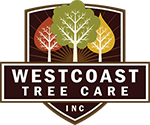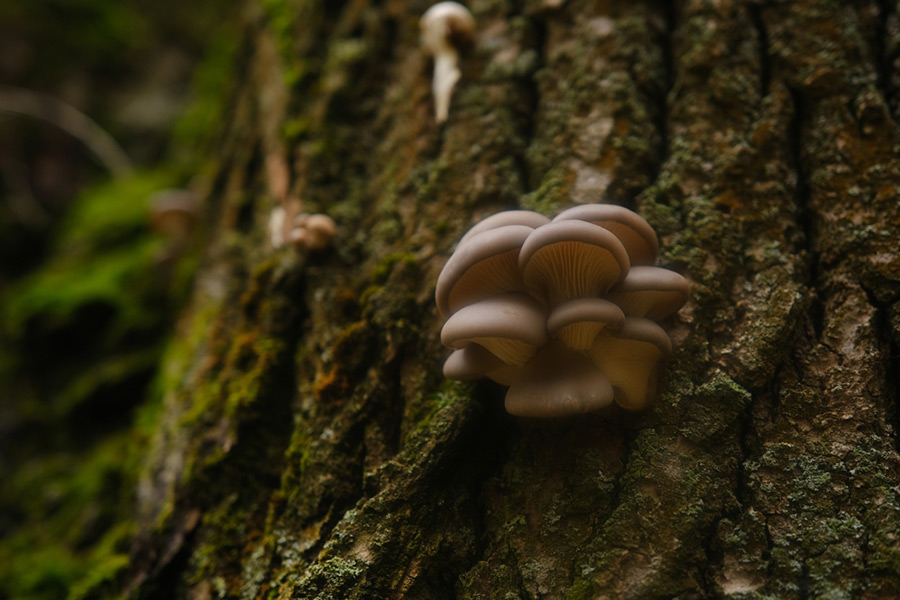If you’re like most people, you probably take trees for granted. We see them every day and often don’t think about how important they are until they’re gone. Trees provide shade in the summer, act as a windbreak in the winter, and add beauty to our neighborhoods and parks.
They also play an important role in our environment by filtering the air and providing oxygen. However, all of this can be undone if a tree is unhealthy. That’s why our certified arborist would like to provide you with the following signs of tree decay and some Corvallis tree care tips to prevent it.
What is Tree Decay?
Tree decay is the process by which a tree breaks down, usually due to age or damage. Decay can be caused by fungi, insects, weather conditions, poor soil nutrition, and more. When a tree decays, it can become brittle and weak, leading to limb breakage or even death of the tree.
Here are some of the top signs that your trees may be decaying:
- Fungal Growth: Fungi such as mushrooms and lichens often appear on tree bark when a tree begins to decay. This growth indicates that the tree’s health is deteriorating and should be monitored closely.
- Discolored Leaves: Leaves on trees that are beginning to decay often turn yellow, brown, or black. This is caused by a lack of nutrients and could indicate that the tree is sick or dying.
- Dead Branches: Any dead branches on your trees should be removed as soon as possible to prevent further decay. Pruning away dead branches can help encourage new growth and improve the tree’s overall health.
- Cracked Bark: Tree bark that has large cracks in it could be a sign of decay. The cracking may indicate that the tree’s core is rotting, which can weaken its structure and make it vulnerable to breaking in storms or high winds.
- Leaning Trunk: If a tree’s trunk begins to lean more than usual, this could indicate decay and should be monitored closely. Leaning trees can become a risk to property or people if the tree falls, which is why it is important to inspect them regularly.
What are the Different Types of Tree Decay?
Tree decay can come in a variety of forms. Here are some of the most common types:
- Fungal Decay: This decay is caused by fungi such as mushrooms and lichens, which can enter the tree through wounds or weak spots in the bark.
- Insect Damage: Certain species of insects, like termites, borers, and beetles, can weaken trees by eating away at their wood.
- Mechanical Injury: Physical damage to a tree’s trunk or branches from things like lawnmowers or vehicles can cause it to become weakened and prone to decay.
- Weather-Related Decay: Severe storms and extreme temperatures can also cause decay by damaging the tree and making it vulnerable to other forms of decay.
How Can You Prevent Tree Decay?
The best way to prevent tree decay is by keeping your trees healthy and regularly inspecting them for signs of trouble. Here are some things you can do:
- Water Regularly: Trees need plenty of water to stay healthy, especially during dry periods. Ensure you’re giving your trees enough water each month to remain strong and vibrant.
- Apply Fertilizer: Fertilizers provide the nutrients trees need to stay healthy and fight off decay-causing fungi and insects. Applying fertilizer every few months (or as recommended by an arborist) can help keep your trees in top shape.
- Prune Regularly: Pruning away dead or weak branches helps encourage new growth and prevents decay from spreading. It’s important to prune regularly, as this will help keep your trees healthy and strong.
- Monitor for Pests: Keep an eye out for signs of pests such as termites, borers, beetles, and other insects, which can weaken trees and lead them to decay. Contact a tree care professional immediately if you suspect a pest infestation.
Corvallis Tree Care
If you’re looking for Corvallis tree care services, look no further than Westcoast Tree Care. Our team of certified arborists can provide the care and attention your trees need to stay healthy and strong. Contact us for more information and a no-cost, no-obligation quote by filling out our online form or call 1.800.767.8733 today.








